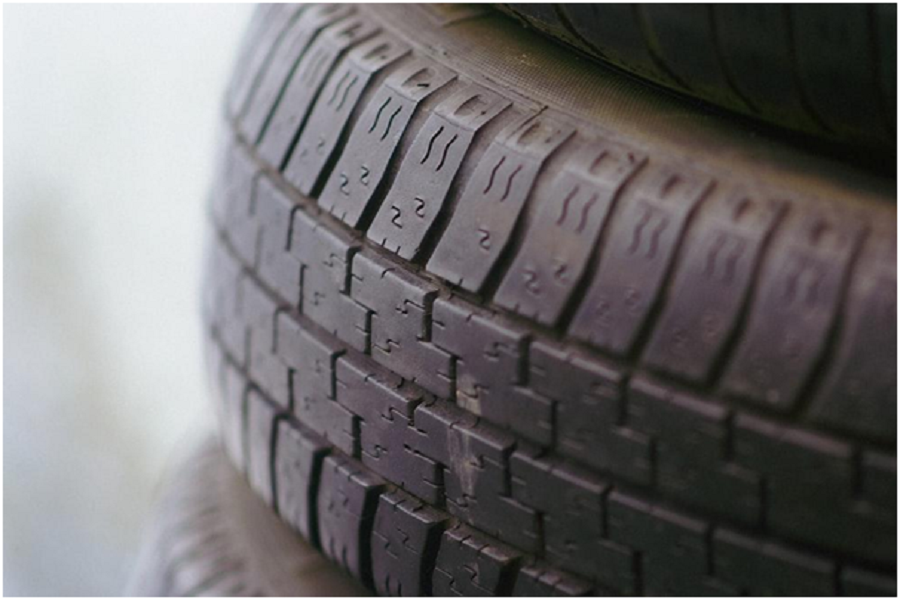
Article at a Glance:
– Tyre loading and tyre speed ratings affect several aspects of your vehicle, such as performance, safety, and lifespan of tyres.
– Ignoring tyre loading and tyre speed ratings have serious consequences, like safety hazards, reduced performance, and premature tyre damage.
When looking to buy tyres online, it’s crucial to understand essential factors that impact performance, safety, and durability. Two critical aspects to consider are tyre load ratings and tyre speed ratings. These ratings provide valuable information about a tyre’s weight-carrying capacity and speed capabilities respectively. By comprehending and matching these ratings, you can optimise your driving experience while ensuring the utmost safety.
What is Tyre Load Rating?
The tyre load rating represents the maximum weight a tyre can handle when inflated correctly. It is denoted by a numerical code, like 91, 95, or 100, which corresponds to a specific weight limit in kilograms or pounds. Understanding the tyre load rating is vital as it guarantees that your tyres can support your vehicle’s weight without any risks of overloading.
What is Tyre Speed Rating?
Tyre speed rating indicates the maximum speed at which a tyre can safely operate. It is represented by a letter, such as H or V, corresponding to a specific speed range in kilometres per hour or miles per hour. Tyres with higher speed ratings offer better heat resistance and stability at higher speeds, ensuring a safe and controlled driving experience.
Benefits of Considering Tyre Load Rating and Tyre Speed Ratings When Buying Tyres Online
Enhanced Safety:
By matching the tyre load rating to your vehicle’s requirements, you ensure that your tyres can support the weight of your car adequately. This significantly reduces the risk of tyre failure, blowouts, and accidents caused by overloading. Similarly, adhering to the appropriate speed rating ensures that your tyres can handle high speeds, minimising the risk of dangerous blowouts and loss of control.
Improved Vehicle Performance:
Tyres with the correct load and speed ratings are designed to provide optimal performance. They offer superior handling, braking, and cornering abilities, delivering a smoother and more enjoyable driving experience.
Extended Tyre Lifespan:
Opting for tyres with the appropriate load and speed ratings can prolong their lifespan. Overloading or driving at excessive speeds can cause premature wear and tear, decreasing the overall durability of your tyres.
Compliant with Warranty and Insurance:
Choosing tyres with the right load and speed ratings is essential to comply with your vehicle’s warranty and insurance coverage. Manufacturers often specify the appropriate tyre ratings for particular vehicles to ensure safety and performance standards are met.
Consequences of Ignoring Tyre Load Rating and Tyre Speed Ratings
Safety Hazards:
Ignoring tyre load and speed ratings can lead to dangerous situations on the road. Overloaded tyres may overheat and fail, leading to loss of control and accidents. Tyres with insufficient speed ratings may not handle high speeds properly, increasing the risk of blowouts and loss of control.
Reduced Performance:
Using tyres with inadequate load or speed ratings may result in poor vehicle performance. The handling, braking, and stability of your vehicle may suffer, negatively impacting your driving experience.
Tyre Damage and Wear:
Overloading or exceeding speed limits for the given ratings can cause excessive wear on your tyres, leading to uneven tread wear and premature replacements.
Conclusion
When you buy tyres online, it’s crucial to consider both tyre load ratings and tyre speed ratings that match your vehicle’s specifications. Prioritising these essential factors ensures the safety of you and your passengers, improves vehicle performance, and extends the lifespan of your tyres. By understanding and adhering to these crucial ratings, you can make informed decisions that will enhance your driving experience and keep you safe on the road.

